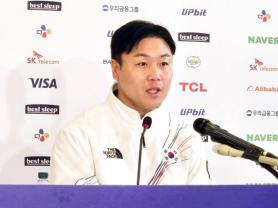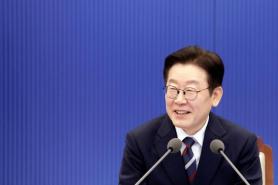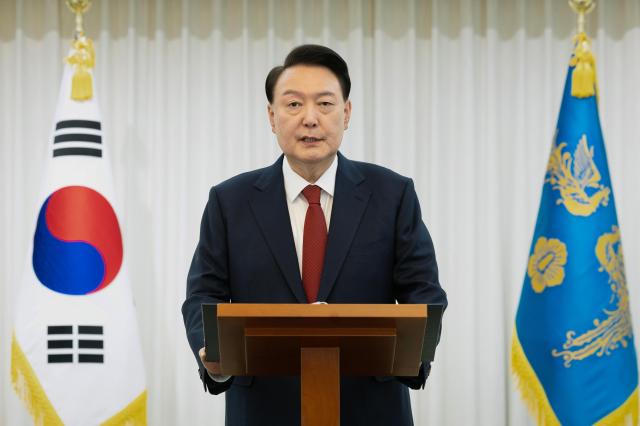
Yoon imposed martial law on the night of Dec. 3, sending troops and helicopters to the National Assembly. The decree was canceled later after lawmakers voted against it.
Opposition parties led by the Democratic Party (DP) filed the impeachment bill Friday, labeling the martial law declaration an unconstitutional act of insurrection.
The bill passed 204-85, with three invalid votes and eight abstentions, surpassing the two-thirds majority required in the 300-seat National Assembly. All 300 lawmakers participated in the vote.
The impeachment vote came a week after an initial bid to oust him failed last Saturday when most ruling People Power Party (PPP) lawmakers boycotted the vote.
The motion was adopted this time with 12 PPP lawmakers backing it. Opposition parties control 192 seats.
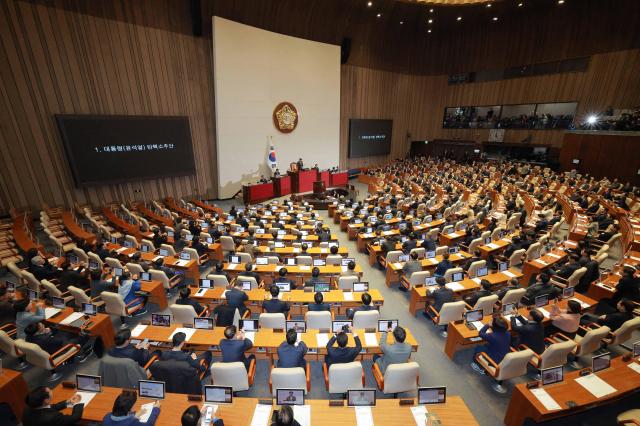
The ruling party, which boycotted the session last week, allowed lawmakers to vote this time though it did not change its party line opposing impeachment.
Outside the National Assembly, hundreds of thousands of protesters celebrated Yoon's impeachment.
Cheers erupted from the crowd after the announcement, with people jumping and applauding. Chants of "Democracy is still alive" and "Long live Korea" echoed through the streets.
Yoon's powers were suspended later in the day after parliamentary officials delivered formal documents to the presidential office and Prime Minister Han Duck-soo took over as acting president.
Yoon's fate will be ultimately decided by the Constitutional Court, which will deliberate the case for up to 180 days to determine whether impeachment has sufficient grounds and followed due process.
If the court accepts the decision, Yoon will become the second South Korean president to be ousted by impeachment following Park Geun-hye's removal in 2017.
Park, the nation's first female president, was jailed for bribery and abuse of power in a corruption scandal involving her confidante.
In 2004, President Roh Moo-hyun was impeached by parliament over alleged election law violations. However, the Constitutional Court reinstated him.
If the court upholds impeachment, a new presidential election must be held within 60 days. DP leader Lee Jae-myung, PPP leader Han Dong-hoon, and Seoul Mayor Oh Se-hoon of the PPP are seen as potential candidates.
After the vote, President Yoon said he would pause for now but "will never give up."
"I will hold in my heart all the censure, encouragement and support directed at me and do my best for the country until the very last moment," Yoon said in a televised address from his residence.
On Thursday, he defended his martial law declaration saying it was necessary to "eliminate pro-North Korean forces and protect South Korea's constitutional order." He vowed to fight until the end.
His martial law declaration has sparked massive protests across the country demanding his removal.
An estimated 140,000 protesters demonstrated at boulevards near the National Assembly in Seoul last Saturday when the first impeachment vote was underway.
Yoon's approval rating has plummeted to 11 percent, the lowest during his presidency, according to Gallup Korea Friday.
Yoon faces probe on charges of rebellion. Police have banned him from traveling abroad and tried to raid the presidential office.
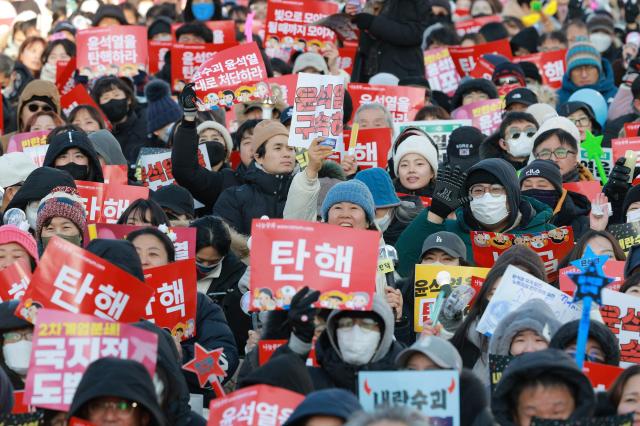
Prime Minister Han Duck-soo also faces an investigation over his alleged involvement in the martial law crisis. If Han were also removed, Deputy Prime Minister and Finance Minister Choi Sang-mok would assume the role of acting president.
The impeachment marks a stunning downfall for a former top prosecutor whose crusading anti-corruption image propelled him to the presidency.
As a prosecutor, Yoon gained national prominence by leading an investigation that led to President Park Geun-hye's ouster in 2017.
Moon Jae-in, who succeeded Park, appointed Yoon as prosecutor-general in 2019. Yoon then pursued high-profile corruption cases against Moon's close associates, building his reputation as a prosecutor willing to challenge authority regardless of political affiliation.
He took office as president in 2022 after narrowly defeating Lee Jae-myung in one of South Korea's closest presidential elections.
Copyright ⓒ Aju Press All rights reserved.


